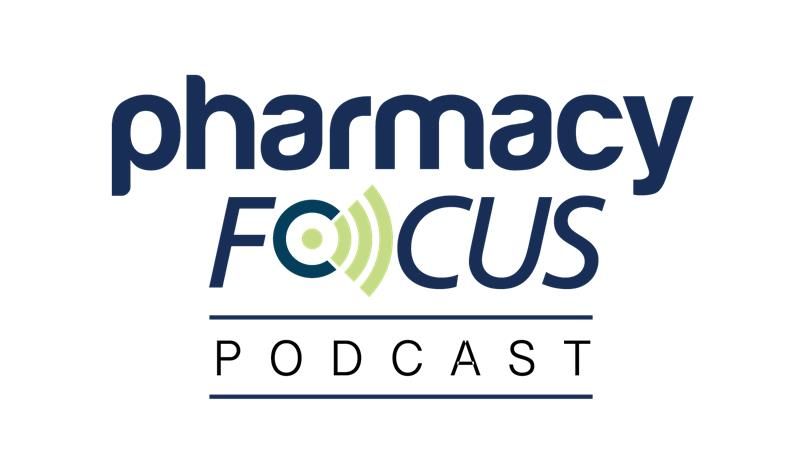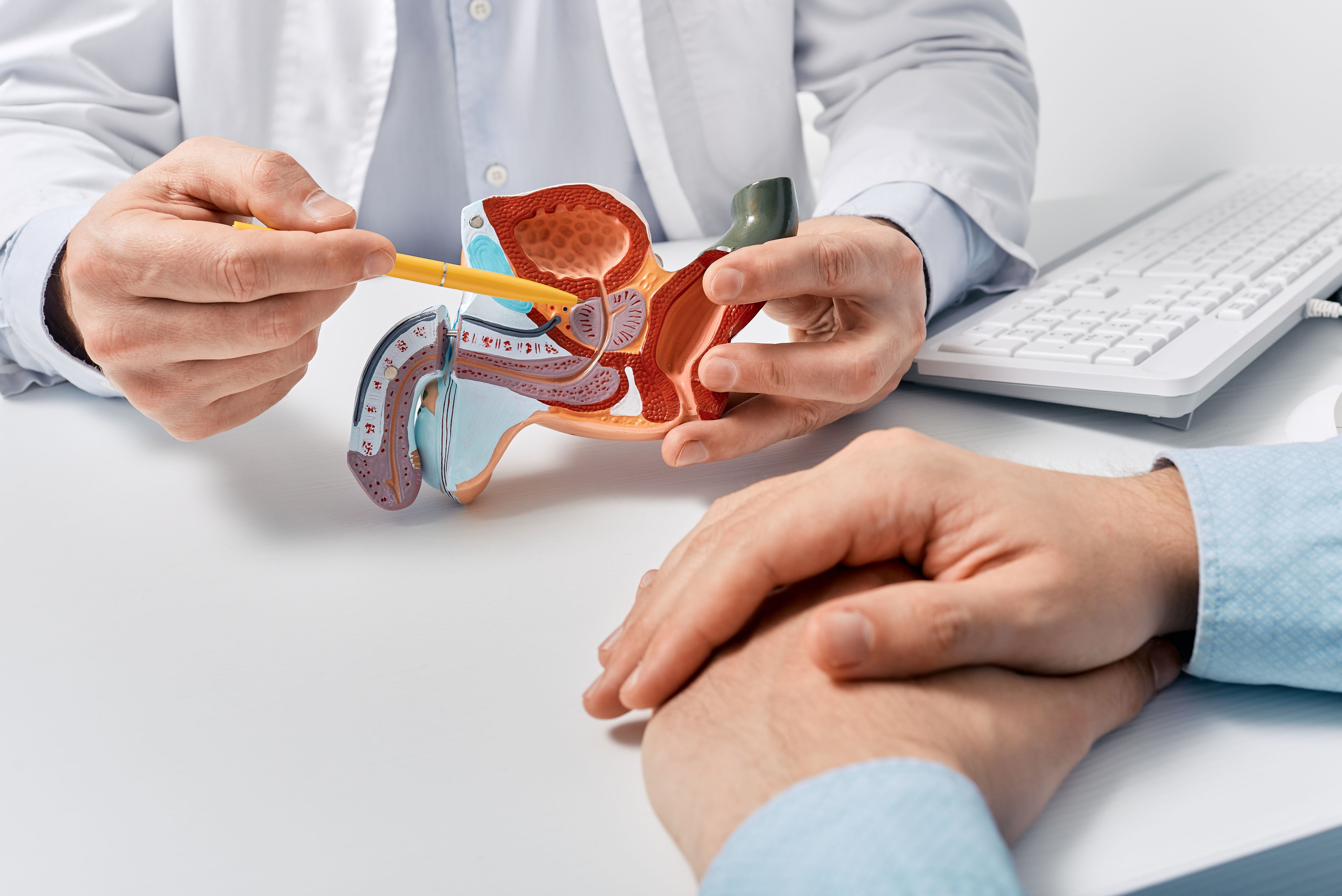Article
Low-Calorie Diet Could Reverse Type 2 Diabetes
Author(s):
Reducing fat in the pancreas can normalize insulin production and reverse type 2 diabetes.
Type 2 diabetes has traditionally been regarded as a condition that requires lifelong attention and treatment. Researchers are now suggesting that type 2 diabetes may be reversible through a low-calorie diet, according to a study presented at the European Association For The Study Of Diabetes.
The authors have been exploring the potential of reversing diabetes for nearly 4 decades. During this time, the investigators have found that excess calories increase fat content in the liver, which affects insulin and glucose production. The excess liver fat is passed to the pancreas and impacts insulin-producing beta cells.
Notably, the authors discovered that losing less than 1 g of fat from the pancreas can normalize insulin production and reverse type 2 diabetes within 10 years of onset, according to the study.
“I think the real importance of this work is for the patients themselves,” said lead researcher Roy Taylor, MD. “Many have described to me how embarking on the low-calorie diet has been the only option to prevent what they thought — or had been told – was an inevitable decline into further medication and further ill health because of their diabetes. By studying the underlying mechanisms, we have been able to demonstrate the simplicity of type 2 diabetes.”
These findings confirm the hypothesis that diabetes is the result of excess fat in the liver and pancreas. This causes the liver to inadequately respond to insulin and export fat to all tissues, while the excess fat in the pancreas kills beta cells.
“Work in the lab has shown that the excess fat in the insulin producing cell causes loss of specialized [sic] function. The cells go into a survival mode, merely existing and not contributing to whole body wellbeing,” Dr Taylor said. “Removal of the excess fat allows resumption of the specialised [sic] function of producing insulin. The observations of the clinical studies can now be fully explained.”
In the study, the authors found that when calorie intake was sharply decreased, type 2 diabetes could be reversed.
Within 7 days of starting a very low-calorie diet, patients with diabetes had a drop in liver fat content—resulting in normalized hepatic insulin—and had normal fasting plasma glucose, according to the study.
After 8 weeks, the authors report that pancreas fat content was reduced and first phase insulin secretion was normalized.
“The good news for people with type 2 diabetes is that our work shows that even if you have had the condition for 10 years, you are likely to be able to reverse it by moving that all important tiny amount of fat out of the pancreas,” Dr Taylor said. “At present, this can only be done through substantial weight loss.”
The authors found that the reversal of diabetes can remain for up to 10 years in most patients, as long as weight is not re-gained, according to the study. They also report that with sustained weight loss, normal metabolism is also maintained.
On average, patients lost 33 pounds during the study.
“Surprisingly, it was observed that the diet devised as an experimental tool was actually liked by research participants. It was associated with no hunger and no tiredness in most people, but with rapidly increased wellbeing. The ‘One, Two’ approach used in the Counterbalance study was a defined 2 phase programme [sic],” Dr Taylor said. “The phase 1 is the period of weight loss — calorie restriction without additional exercise. A carefully planned transition period leads to phase 2 - long term supported weight maintenance by modest calorie restriction with increased daily physical activity.”
The authors noted that this approach has been applied in a clinical setting, with patients reporting they have reversed their condition and maintained glycemic control.
A clinical trial is currently being conducted to determine whether primary care providers can implement the low-calorie diet in their practices, according to the study.
Newsletter
Stay informed on drug updates, treatment guidelines, and pharmacy practice trends—subscribe to Pharmacy Times for weekly clinical insights.






